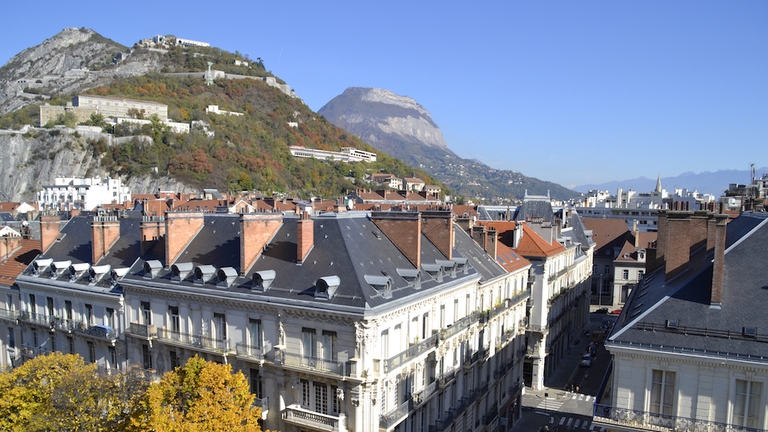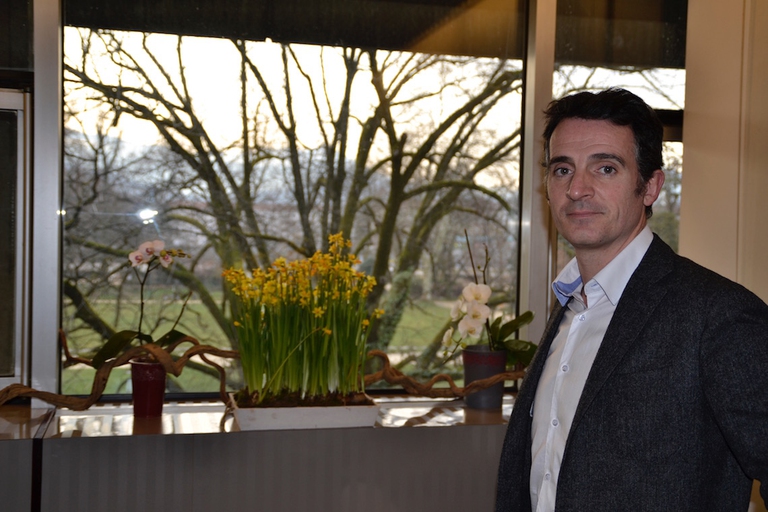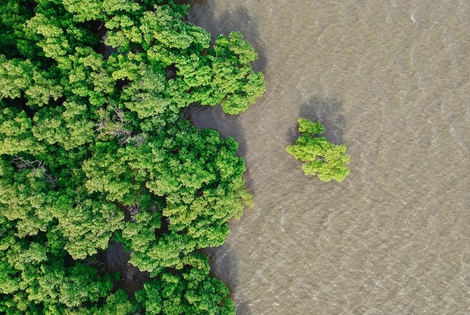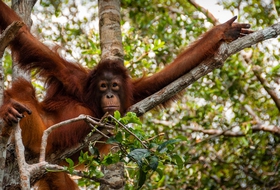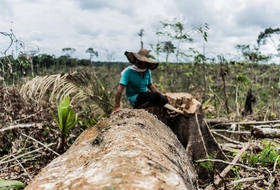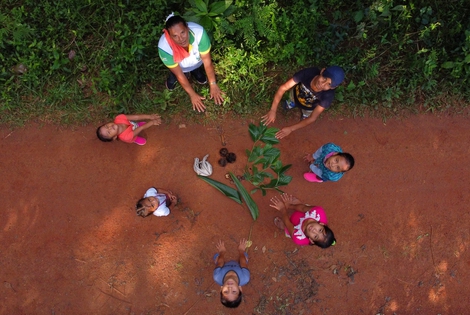
The Amazon became an alternative classroom during the pandemic. Now, the educational forest in Batraja, Bolivia, lives on to teach children and adults the value of nature.
A historic decision by Grenoble, in France: 50 new trees were planted, replacing billboards. “An ecological and ethical choice,” the mayor says.
No more billboards in the city. They’ll be replaced by planting new trees. This is what’s happening in the French city of Grenoble, where mayor Eric Piolle kept one of the promises he had made during the campaign that made him leader of the Isère region’s capital.
The mayor won the election as a member of the EELV green party (Europe Ecologie les Verts) supported by a left-wing coalition in 2014 thanks to a new project for his city which included the slogan “Trees instead of billboards”, as reported by Euronews. In practical terms, Piolle decided not to renew the contract with the company JDC Decaux, who owned the rights for advertisements on 300 billboards. Therefore, these were slowly eliminated.
50 trees were planted instead of the bulky billboards. At the time, JCD Decaux declared that this choice would have cost the city 600,000 euros per year (according to the municipality, this figure was closer to 150,000). But the choice made by the red-green council was dictated by other priorities, beyond purely economic ones.
“We’re convinced that the city is ‘created’ in public spaces,” Piolle explained. “Eliminating advertisements means giving these spaces back to the community. But it’s also our contribution to the process of surpassing the model based on consumerist society, which doesn’t hold the keys to humanity or the planet’s future. Children cross these streets when they go to school: we must think about their education,” he told us in an interview.
#Grenoble : Plus d’arbres, moins de publicités! Excellente initiative. https://t.co/deyHhwlBFg pic.twitter.com/gowDZhfus1
— Jour de la Terre Fr (@JourdelaTerreFr) 11 agosto 2017
This is how Grenoble became the first European city to ban billboards from city streets. The only ones that remain today are next to tram and bus stops. In some cases, they’ve been replaced by boards with information on the activities carried out by the administration or advertisements for exhibitions, shows and cultural events. The mayor often repeats that, “this was an ethical choice”.
This isn’t the only project developed by the new administration to make the city more sustainable. “We’ve started a transformation of ideas. Starting from very concrete choices, like incentivising a deep change in the way urban mobility is conceived – Piolle continues –. The result was a 10 per cent increase in the use of bicycles during the first year and 20 per cent during the second one”.
Grenoble was also the first city to launch a rental service in collaboration with Toyota for the three wheeled electrical vehicles manufactured by the Japanese company. All adults can now register to the service defined as “personal mobility vehicles” by Toyota, thanks to 27 stations and 120 charging points.
Siamo anche su WhatsApp. Segui il canale ufficiale LifeGate per restare aggiornata, aggiornato sulle ultime notizie e sulle nostre attività.
![]()
Quest'opera è distribuita con Licenza Creative Commons Attribuzione - Non commerciale - Non opere derivate 4.0 Internazionale.
The Amazon became an alternative classroom during the pandemic. Now, the educational forest in Batraja, Bolivia, lives on to teach children and adults the value of nature.
Our species took its first steps in a world covered in trees. Today, forests offer us sustenance, shelter, and clean the air that we breathe.
Bangladesh suffered widespread damage as a result of Cyclone Amphan. Yet the Sundarbans mangrove forest acted as a natural barrier protecting the country from further destruction, as it has done countless times before.
On top of a 2.4 million dollar compensation, the indigenous Ashaninka people will receive an official apology from the companies who deforested their lands in the 1980s.
The tapir was reintroduced into Brazil’s Atlantic Forest, the country’s most at-risk ecosystem. The species can play a key role in the forest’s recovery.
Forests are home to 80 per cent of the world’s terrestrial biodiversity. This year’s International Day of Forests highlights the urgent changes needed to save them.
After a legal battle that lasted two years, Indonesia’s Supreme Court has revoked the permit to mine for coal in the forests of South Kalimantan in Borneo.
The list of human and animal victims of the Australia wildfires keeps growing – one species might already have gone extinct – as the smoke even reaches South America.
Areas where the FARC guerrilla used to hold power in Colombia have faced record deforestation. Farmers cut down trees, burn land and plant grass for cows. Because, “what else can we do for a living here in the Colombian Amazon”? An intimate report from the heart of the felled forest in Caquetá.
